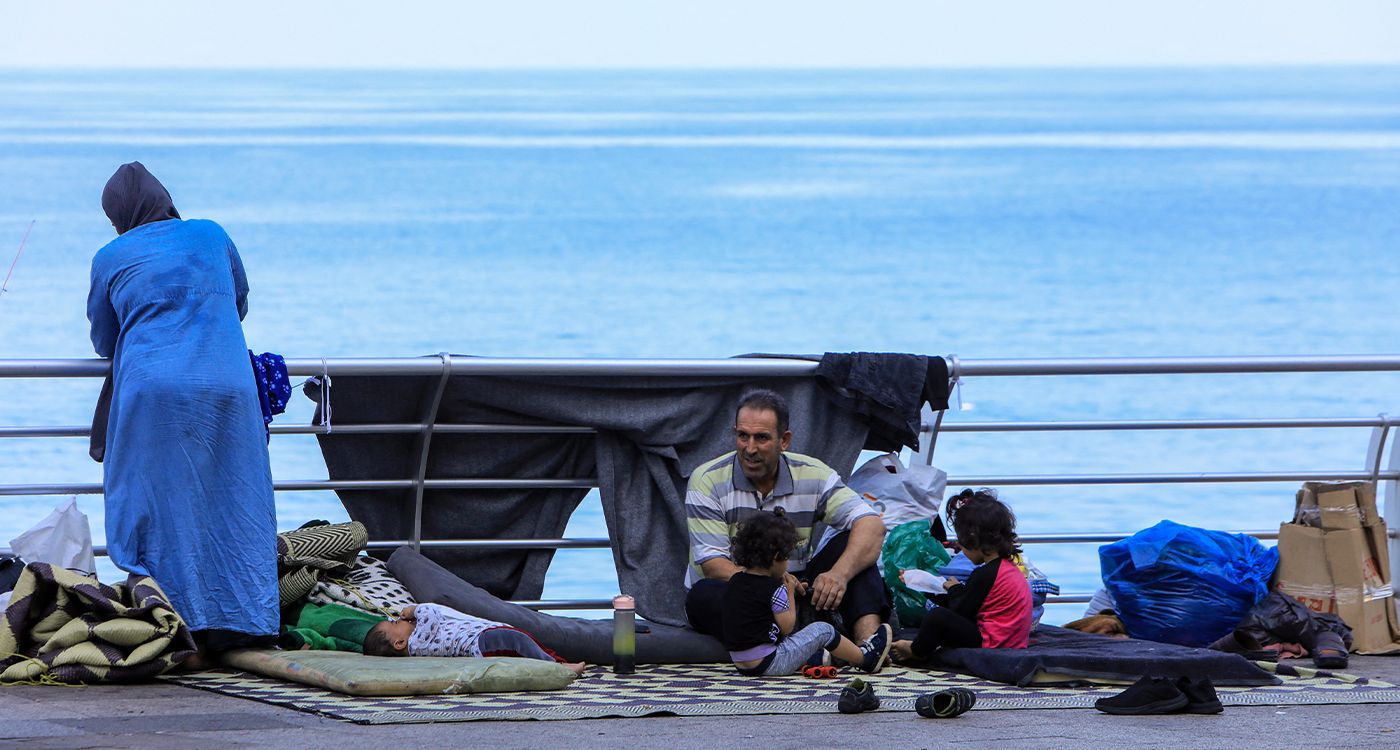
Class hatred runs deep in Lebanon, and it's a reality that no one can deny. This stems from the country's unresolved economic identity. In the capital, liberals who champion free-market economics coexist with the remnants of old communists, who are still committed to the ideals of social justice from the days of Lenin and Trotsky.
In this singular capital, social stratification erupted a few years ago during the October 17 events known as the ‘Thawra,’ with each faction invoking different justifications for their anger. On one side, leftist groups revolted against banks despite investigations revealing that many individuals who vandalized ATMs and shattered bank windows did not even hold bank accounts. Thus, their actions seemed driven solely by class hatred. On the other side, they targeted locations they classified as public property, such as the Beirut Waterfront and the Yacht Club.
They rely on the classification of coastal properties, unaware of the tax revenue that would accrue to the State if violations were addressed. Instead, they adopt this as a catchy slogan, much like many others. During that time, they set up roasted chickpeas and shishas along the yacht club's waterfront, proclaiming, “The beach belongs to us.”
Five years later, class hatred flared up once again during the displacement crisis as individuals from various southern and Beqaa regions sought refuge in Beirut. This was evident in the encroachment on private properties, including homes and hotels, under the pretext of needing shelter. Some set up makeshift accommodations in public spaces, while others chose to sit in front of tourist attractions or upscale areas just meters away from the State-designated shelters.
If this isn’t class hatred, then what truly qualifies as class hatred?
Moreover, former MP Najah Wakim has resurfaced after years in the shadows, exploiting the targeting of a local official in his building in Cola to regain visibility. He has portrayed himself as both the target and a symbol of Beirut's resistance against Israel.
Upon his triumphant return to screens desperate for guests, Wakim revived his class hatred, justifying the invasion of homes and hotels in Solidere. To avoid any misinterpretation, he explicitly stated, “Solidere is your right; reclaim it and house your children and families in its buildings,” addressing the displaced individuals from various regions.
Class hatred is more dangerous than crises, as it starkly reveals a deep-seated lack of belonging to a respectable national identity. It transforms any effort to improve the economy into a narrative of opposition that implies citizens are being robbed in revenge against the needy. While this narrative exists in countries around the world, it receives extraordinary attention in Lebanon, bolstered by certain newly affluent celebrities who seek likes and media coverage, portraying themselves as champions of the oppressed. How absurd!



Comments